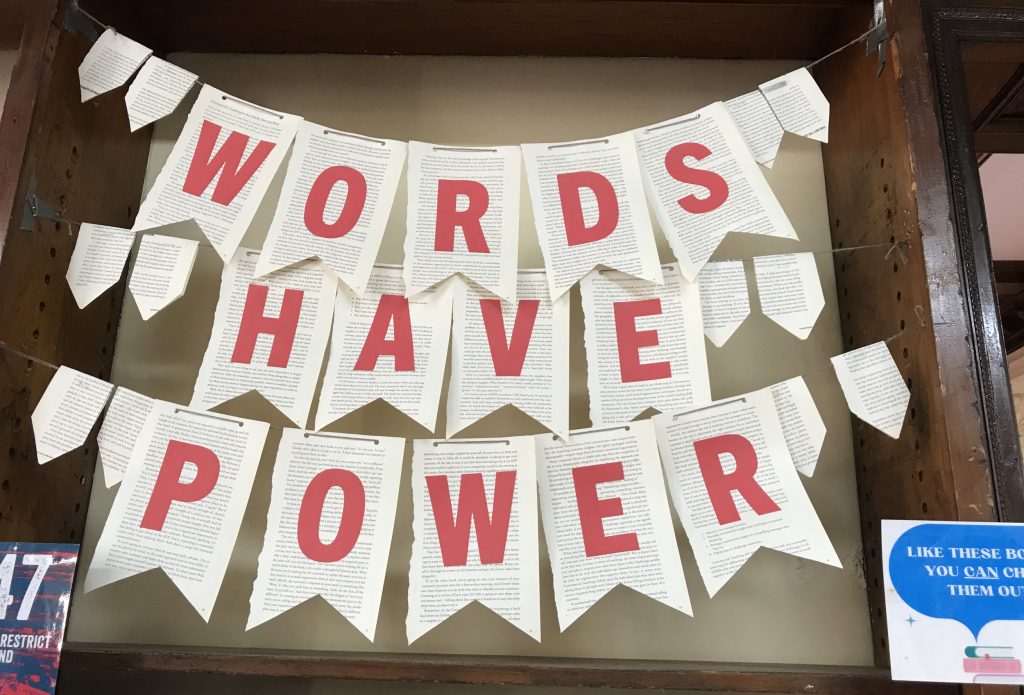The recent school board elections in Texas saw a defeat for most pro-censorship candidates who pledged to ban books in schools, with nine out of 15 candidates losing their races. Frank Strong, a teacher in Austin, tracks school board elections and noted that voters have been successful in resisting extremist takeovers of their school boards. This trend of rejecting candidates who support book bans has been ongoing for several election cycles, indicating a strong opposition to censorship in the education system. Strong’s 23-page document compiled information on the candidates and their stances on book banning.
There has been a rise in book bans across the U.S., with 3,362 instances of book banning reported for the 2022-23 academic year, marking a 33 percent increase from the previous year. Pro-censorship candidates in Texas faced opposition from voters, leading to a majority of them losing their races in six districts across the state. Groups like Moms for Liberty, which advocate for parental rights at all government levels, have endorsed candidates who support book banning and oppose teaching LGBTQ+ content in schools. The Southern Poverty Law Center has labeled Moms for Liberty as a far-right, anti-government organization.
Moms for Liberty endorsed Brandi Burkman in her school board election in September. Burkman has a history of advocating for book bans and filed a police report against a school district over a book she deemed obscene. The book, “Lawn Boy” by Jonathan Evison, contains LGBTQ+ themes and discussions on race and class, leading to controversy in school boards nationwide. Burkman’s bid for a school board seat was unsuccessful, as she lost to the incumbent Anna Smith. Strong noted that the election night saw success for other candidates in Conroe, Texas, with all seven school board seats now filled by members of a group known as “Mama Bears” who have been critical of teachers online and pushed for anti-trans legislation in schools.
The election results in Texas reflect a broader trend of voters rejecting candidates who support book bans and efforts to censor educational materials. Strong emphasized the importance of voters organizing to resist extremist takeovers of school boards and preventing censorship in schools. The resistance to book banning and censorship in education points to a commitment to academic freedom and open access to diverse ideas and perspectives in the learning environment. The ongoing pushback against book bans and censorship highlights the value of free expression and intellectual inquiry in shaping a well-rounded and inclusive educational experience for students.












